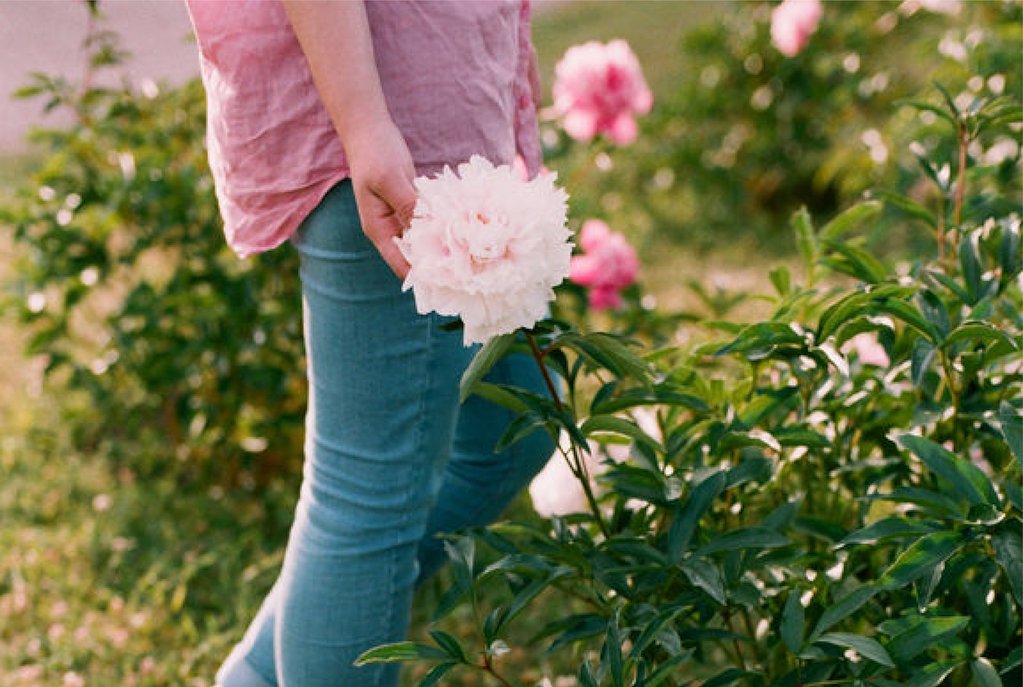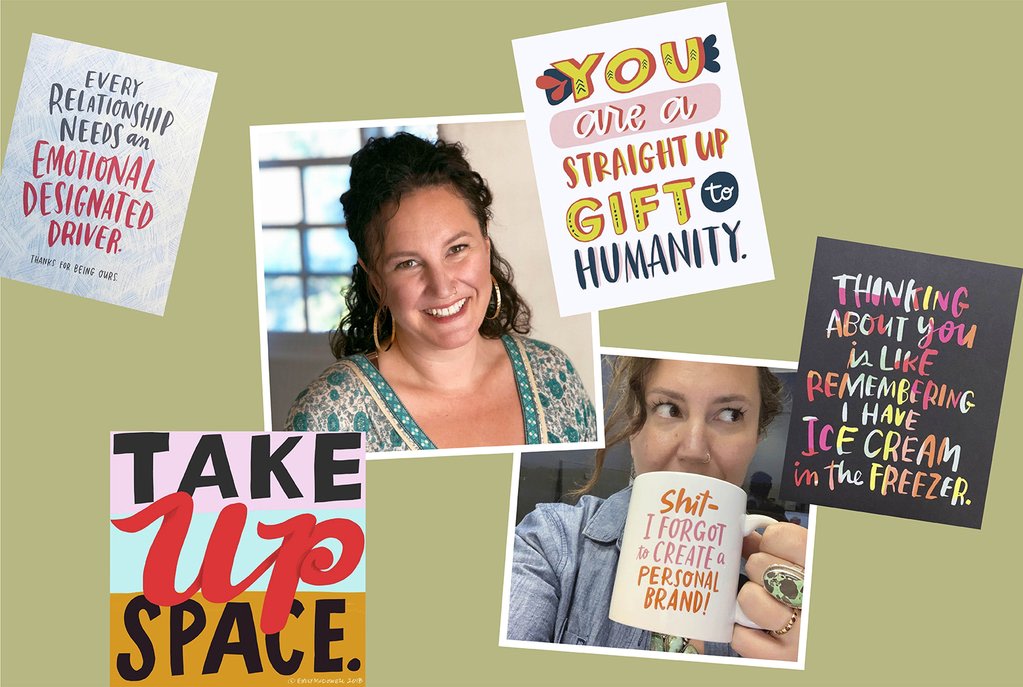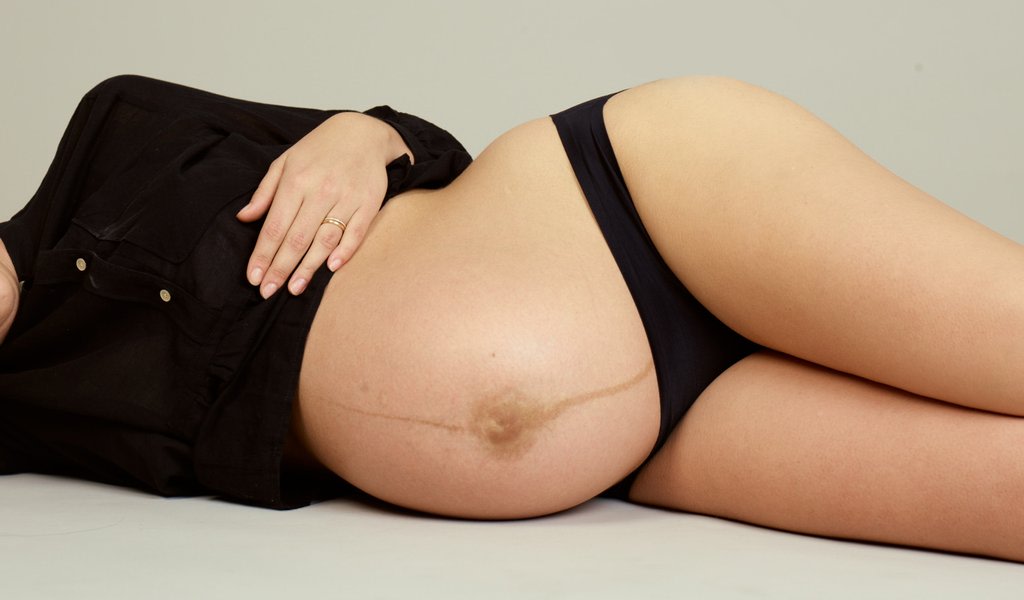Foreword
Sign up to stay in the loop on new styles and sales!
Unpacking My Choice To Not Have Kids

by Anita Irlen
Even though it’s been more than forty years now, I remember being a preteen and teen. I can also remember a certain type of young girl who always loved children. She wanted to be around them, she wanted to play with and teach them, and she knew she wanted to be a mother. And you knew she’d be a great mother. Even then, I had a feeling, I did not want to be one of those girls.
She sat at the beach for hours, making sandcastles with little kids, who in their innocence and vulnerability resembled, those tiny turtles you see on National Geographic, skittering down to the water. Then, in her early twenties, the maternal young girl grew up and started a family.
When my friend, Inga, was putting her babies to bed, you knew she wasn’t going to be back to the party soon, because she was reading bedtime stories to them for as long as they wanted. When she had been out in the yard playing with her kids, she came back into the house with more cuts and scrapes than them.
Those were my friends. They were happy mothers with happy, intelligent, loving kids. They were the “naturals”— natural-born nurturing moms. And while I have at times envied their sense of purpose as well as the sheer lovingness of those moments I witnessed, I didn’t have children. And I don’t regret it.
I was never a “natural.” I didn’t want to hang out with children of any age. I was an only child, and like many only children, I preferred the company of adults.
Me, I could sit for hours listening to the adults at the cocktail party discussing things I had no idea about. I can even remember hiding under a dinner table, the long tablecloth like a curtain, to “spy” and listen in on the adult conversation! I was an odd little “adult” myself, one forced to grow up early because of my problematic relationship with my mother. Our relationship was rough, raw—she once told me she loved me but did not “like” me. And honestly, I lacked respect for her.
My father was an unstable and aggressive man, who enjoyed throwing things at walls, and at my mother. I just couldn’t understand why my intelligent, talented, stylish mother stayed with a man like him. To be honest, I still don’t.
Despite the fact that when I listed my lousy childhood as a reason to forego having children, friends always countered with all sorts of mumbled, half assurances. But, I knew I didn’t have a good parenting model to replicate. While not having good role models may not always be the last word on becoming a parent, for me, it was. Besides, I don't think gambling on liking motherhood after having the child is a good idea.
Kids who grow up quickly often tend to become rebellious. I did. I rebelled both against my parents and societal norms. I’ve always questioned authority. I never do things just because I'm supposed to. And that means that I’ve always been, in some way "political."
When my political self ended up in college, in the late ’70s, I studied sociology, and developed a special interest in demographics and population growth. Eventually, I came to believe that population growth was one of the many factors that would soon compromise worldwide stability.
Growing worldwide strife, like wars and environmental degradation, would create large groups of refugees forced to flee and cross borders, resulting in more upheaval. Forty years later, we know these once seemingly dire predictions are coming true. For me, not having children was a political choice as well.
Then, at the age of 33, I married a younger man. I—who had always said that no one, male or female—should get married before they are 30, married a twenty-five year old! I’m not sure there was any vestige of doubt about remaining childless in me or not, but at the time my husband was definitely not ready to make that decision. Eventually, it became clear that he too did not possess the desire.
It’s the patriarchy of course, that has instilled in women the idea that motherhood is a prerequisite for becoming a “real woman.” But there are a million ways to nurture, and motherhood is just one of them.
I used to be a personal trainer, and then I became a yoga teacher, and after that a social worker. I’ve always said that I’m my best and most real self when teaching yoga. I’m my best because I’m taking care of people in a way that totally feels natural for me.
You don’t have to be a mother. Isn’t teaching nurturing? Isn’t marching for justice nurturing? And taking care of the environment, don’t tell me that’s not nurturing, and absolutely necessary.
And if you must nurture a child, what about adoption? As a political person, I feel that adoption should be at the top of the list of options when considering parenthood. Sure, it’s true, everyone likes to remind me that adopting is not the same as having your own child, but if you want to talk about nurturing, is there anything more nurturing than adopting a child in need?
I think it was 2000, the new millennium, when more and more women started having children outside of marriage, gay women and men were adopting kids, and other women pushed having children into their 30’s and even 40’s.
More options opened up and there was more freedom to choose one’s lifestyle. This month, on Mother’s Day I celebrated my friend Inga’s choice to have children, and she honors and understands my choice not to.
My personal journey as a “hesitant mother” was a hard one, because I felt like a lone rebel. I’ve come to realize though, that was a good thing, for me. The diversity of choices we have today means you can do what’s right for you, and you are not alone whatsoever.
Maybe you are single by choice, or circumstance, maybe you need a surrogate, or feel like you should adopt? Perhaps you’re taking a more “traditional path,” like so many of my friends did, the choice is yours today, and that’s everything.
*~Why do you feel like freedom of choice is important? What decisions have you made without regret?~*
~~
Anita Irlen is a blogger, consultant to new and emerging businesses, and an advocate for radical inclusion. Her motto: “It’s the people, stupid.” You can find her work at www.lookforthewoman.com.
Posted: July 31, 2019
Related Articles
Sign up to stay in the loop on new styles and sales!


